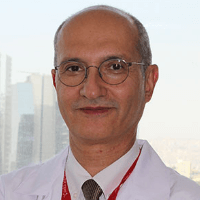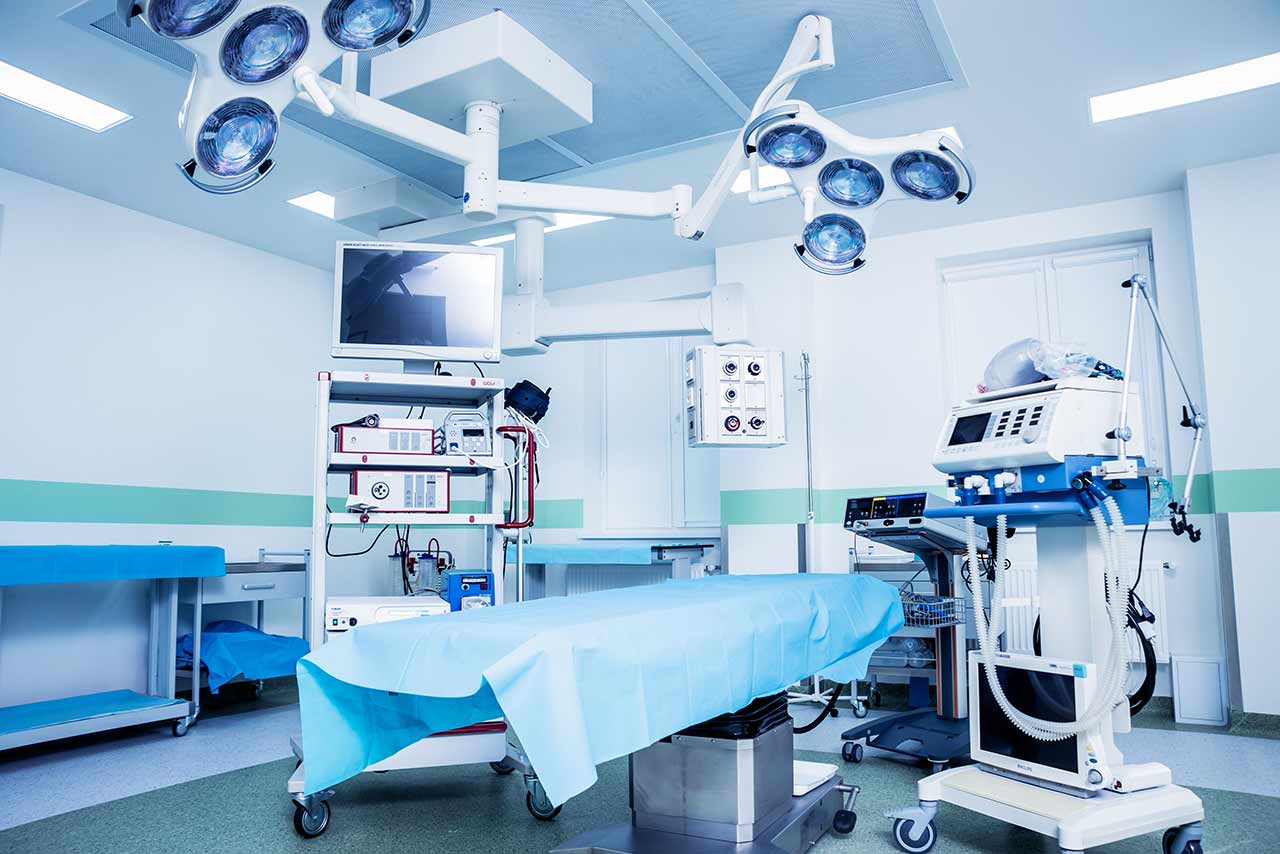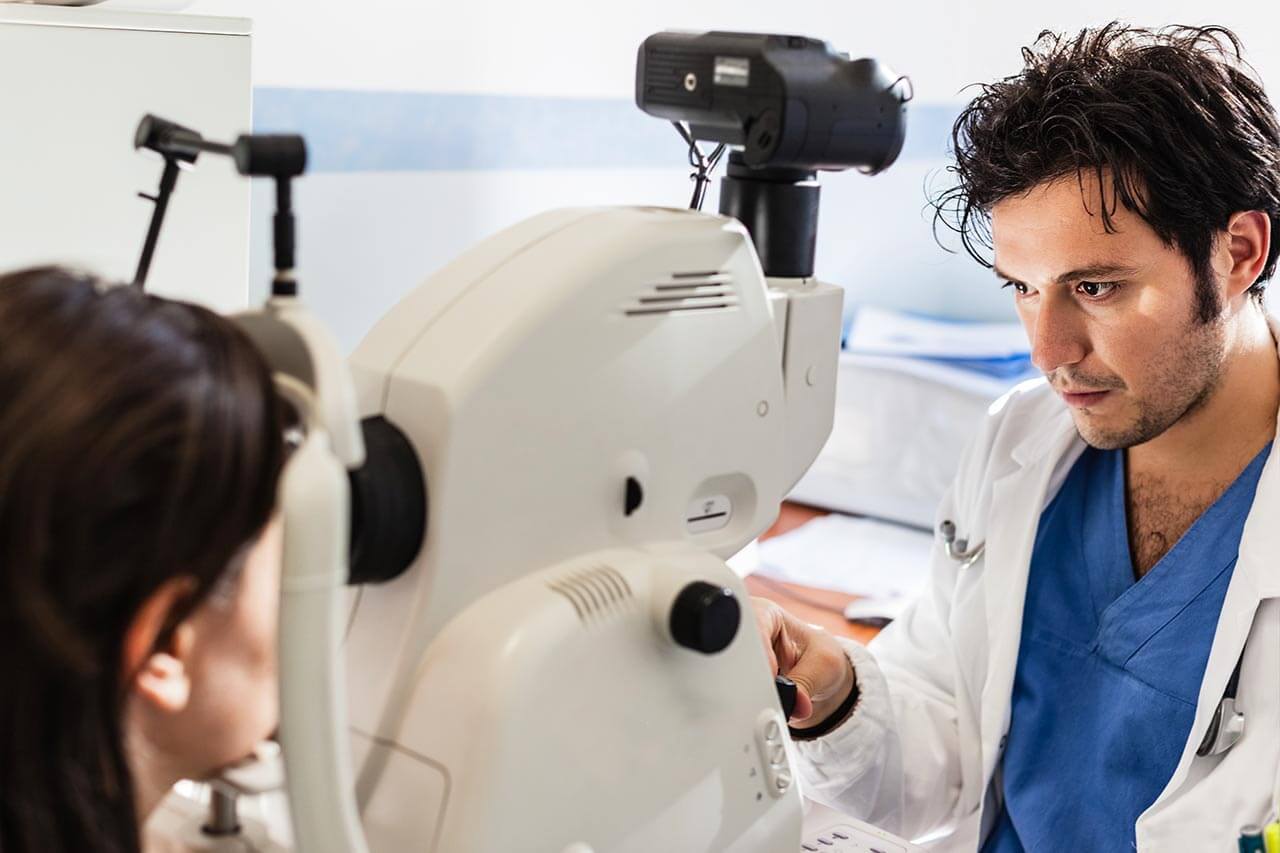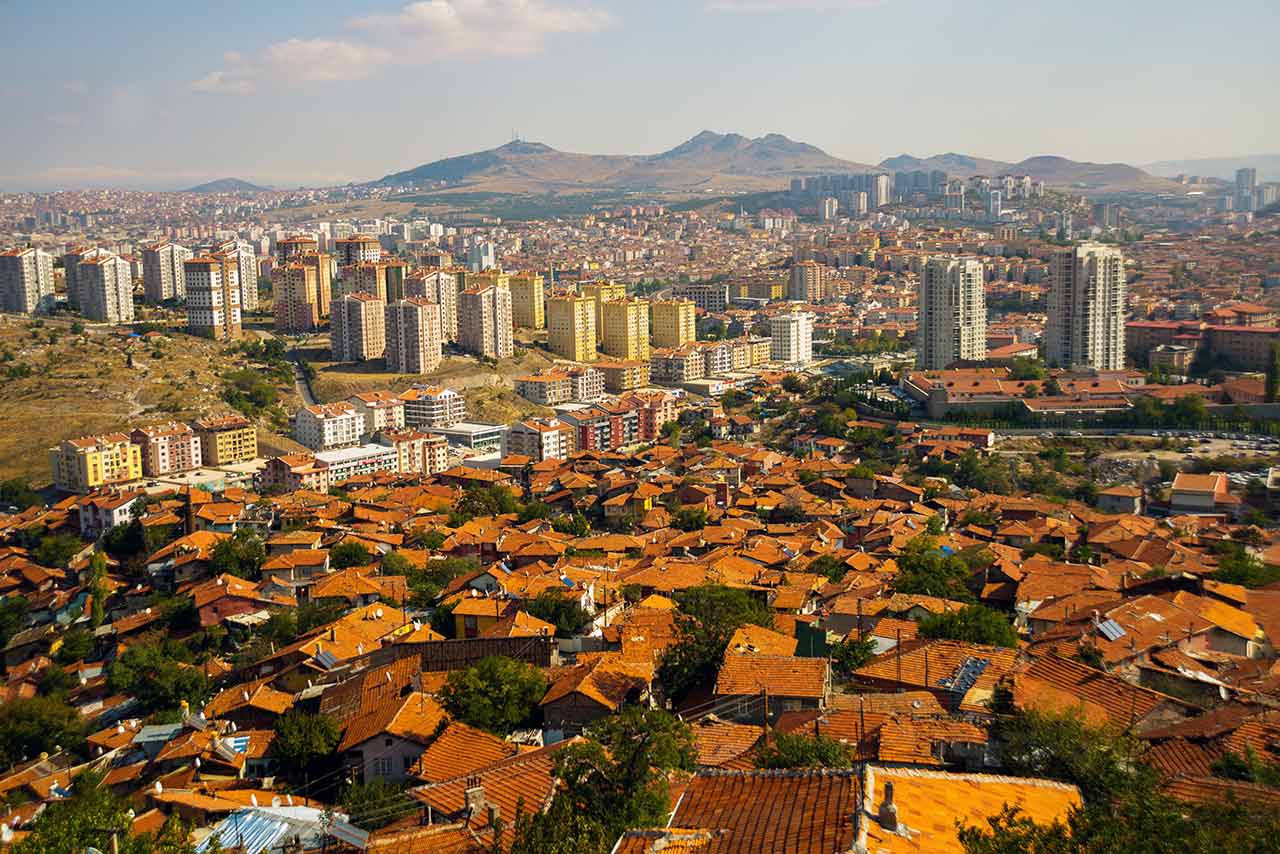
The program includes:
- Initial presentation in the clinic
- clinical history taking
- review of medical records
- physical examination
- laboratory tests:
- complete blood count
- biochemical analysis of blood
- thyroid function test (TSH-basal, fT3, fT4)
- mineral metabolism analysis (Na, K, Ca, Mg)
- lipid metabolism (HDL/LDL, cholesterol, triglycerides,
Lip(a), homocysteine) - iron content (ferritin, iron)
- blood coagulation analysis (aPTT, PT, INR)
- metabolic status (uric acid, total glucose, HbA1c)
- inflammatory parameters (CRP, ESR)
- cardiovascular disease risk markers
- lung function test (Spirometry)
- resting and exercise ECG
- Holter monitoring (24h)
- color doppler echocardiography
- color doppler sonography of cerebral vessels
- preparation according to preoperative standard
- traditional tricuspid valve repair (open-heart procedure)
- symptomatic treatment
- control examinations
- the cost of essential medicines and materials
- nursing services
- full hospital accommodation
- explanation of future recommendations
- written statement
Required documents
- Medical records
- Echocardiography (if available)
Service
You may also book:
 BookingHealth Price from:
BookingHealth Price from:
About the department
The Department of Cardiac Surgery at the Memorial Ankara Hospital offers all the surgical options of modern medicine for the operative treatment of cardiovascular diseases, with the exception of heart transplantation. The department's specialists perform cardiac surgical interventions of any complexity – from various types of coronary artery bypass grafting to operations for the correction of heart valve diseases and congenital heart anomalies in adults. The department's cardiac surgeons are distinguished by their successful experience in coronary artery bypass grafting, including with the use of AESOP robotic surgical system. The operating rooms of the medical facility are equipped with state-of-the-art surgical instruments, modern monitoring systems, special thermal imaging cameras and other devices, which, in combination with the excellent professional skills of cardiac surgeons, guarantee safe and highly effective surgical treatment. In addition, the department performs most cardiac interventions without opening the chest and extensive surgical access. Thus, the patients benefit from the postoperative recovery in the shortest possible time and do not suffer from a severe pain syndrome. The department is headed by Prof. Dr. med. Cem Yorgancıoglu.
The department's primary focus is on coronary artery bypass grafting for the restoration of blood flow in the coronary arteries in patients with coronary artery disease. The operation is performed under general anesthesia and lasts 4-6 hours. The department's cardiac surgeons specialize in coronary artery bypass grafting with the use of a heart-lung machine, without its use, as well as on minimally invasive coronary artery bypass grafting. In addition, the department is one of the few in Turkey where coronary artery bypass grafting is performed using the cutting-edge AESOP robotic device. Another feature of coronary artery bypass grafting in the department is the use of special thermal imaging cameras. The heart is accessed through the intercostal space on the left side or by dissecting the sternum. When performing the operation, cardiac surgeons create a bypass graft for blood flow. A part of the artery or vein from the upper or lower limb can be used for this purpose. After the operation, the patient is transferred to the Intensive Care Unit, where he is under the 24-hour monitoring of highly qualified specialists. The department's cardiac surgeons are proud of their successful experience in the field of coronary artery bypass grafting and outstanding survival rates of their patients – only 1% mortality rate after surgery, while in the Cardiac Surgery Centers in developed countries this indicator is 1-3%.
The department's medical team quite often admits patients with acquired heart diseases and congenital heart valve diseases. Whenever possible, cardiac surgeons perform interventions to correct heart valve defects without heart valve replacement, but if the diagnostics reveals that reconstructive techniques will not help restore the full functionality of the valve, the patient requires its prosthetics (replacement). The department's specialists annually perform many operations to replace mitral, aortic and tricuspid valves. The department uses two types of modern prostheses for heart valve replacement – mechanical and biological ones. One of the decisive factors when choosing the type of prosthesis is the age of the patient, since biological valves wear out quickly and mechanical valves are durable. However, after the implantation of a mechanical prosthesis, the patient has to constantly take anticoagulants. Thus, the choice of the optimal type of prosthesis is made individually, taking into account all clinical indications and wishes of the patient. As for the technique of the surgical procedure, the department's surgeons specialize in both classical open surgical interventions with the use of a heart-lung machine and minimally invasive interventions, which do not require chest opening. With appropriate clinical indications, the department's doctors always give preference to minimally invasive interventions.
The department's range of surgical services includes:
- Coronary artery bypass grafting (CABG)
- Coronary artery bypass grafting using a heart-lung machine
- Off-pump coronary artery bypass grafting
- Minimally invasive coronary artery bypass grafting
- Reconstructive heart valve surgery
- Heart valve replacement surgery
- Mitral valve replacement
- Aortic valve replacement
- Tricuspid valve replacement
- Revision heart valve interventions
- Surgical correction of congenital heart diseases in adults
- Implantation of pacemakers and defibrillators to treat arrhythmias
- Surgical correction of carotid stenosis caused by coronary heart disease
- Intensive care for patients after heart surgery
- Other medical services
Curriculum vitae
Professional Career
- Since 2014 Chief Physician of the Department of Cardiac Surgery at Memorial Hospital Ankara, Ankara, Turkey.
- 2008 - 2014 Chief Physician of the Department of Cardiac Surgery at the Medicana International Ankara Hospital, Ankara, Turkey.
- 2003 - 2008 Lecturer in the Department of Cardiac Surgery, Hacettepe University, Ankara, Turkey.
- 2001 - 2003 Chief Physician of the Department of Cardiac Surgery, Bayindir Hospital, Ankara, Turkey.
- 1992 - 2001 Cardiac Surgeon, Department of Cardiac Surgery, Bayindir Hospital, Ankara, Turkey.
Higher Education and Postgraduate Training
- 2006 Professorship, Faculty of Medicine, Hacettepe University, Ankara, Turkey.
- 2002 Assistant Professor, Bayindir Hospital, Ankara, Turkey.
- 1990 Visiting Fellow, University of Zurich, Zurich, Switzerland.
- 1986 - 1991 Specialized training in Cardiac Surgery, Faculty of Medicine, Hacettepe University, Ankara, Turkey.
- 1978 - 1984 Study of Human Medicine, Faculty of Medicine, Hacettepe University, Ankara, Turkey.
Scientific Publications
- 68 scientific publications in international scientific journals.
- More than 70 publications in Turkish scientific journals.
- Author of 4 books, as well as book chapters.
Memberships in Professional Societies
- Turkish Society of Cardiovascular Surgery.
- Turkish Vascular Surgery Foundation.
- Turkish Society of Radiology.
- European Association for Cardio-Thoracic Surgery.
- Turkish Association of Thoracic Surgery.
- European Board of Cardiothoracic Surgery.
Photo of the doctor: (c) Memorial Ankara Hospital
About hospital
The Memorial Ankara Hospital is one of the largest private medical complexes in the capital of Turkey, where patients can undergo top-class diagnostics and treatment in all fields of modern medicine. The hospital is part of the prestigious Memorial Healthcare Group. The doors of the medical facility were first opened in 2014, and since then its employees have been doing their best to maintain the credibility of the hospital both throughout the country and far beyond its borders. For exceptional medical service, the hospital was awarded the Joint Commission International (JCI) certificate, which is given only to the best medical centers around the world.
The hospital is located in a modern building with an area of 42,000 square meters. The medical facility has 230 beds for the accommodation of patients. It includes 63 specialized departments – each of them specializes in a particular medical field. The key focuses are ophthalmology, plastic surgery, cardiology, cardiac surgery, orthopedics and oncology.
The hospital includes 11 modern operating rooms. They use special LED lamps, which prevent thermal emission and comply with the international sterilization technologies. The hospital also has hybrid operating rooms, which are equipped for minimally invasive operations.
Special attention should be given to the medical and technical base of the medical complex. It includes state-of-the-art diagnostic devices for MRI, CT, PET-CT, as well as TrueBeam STx and Elekta Versa HD radiation therapy devices, and many other innovative systems, which guarantee the patient the most effective results and maximum comfort.
Naturally, the medical staff of the medical facility also plays a key role in the successful clinical practice. The health of the patients is in good hands of the highly qualified doctors who have comprehensive professional training, many years of experience and regularly demonstrate excellent treatment results. The responsive nursing staff provides patients with quality care. In addition, all the staff of the hospital show a friendly and respectful attitude towards the patients.
Photo: (c) depositphotos
Accommodation in hospital
Patients rooms
The patients of the Memorial Ankara Hospital live in cozy single rooms and luxury rooms. Each patient room has all the amenities for maximum comfort. The hospital also has specially equipped rooms to accommodate disabled patients. The patient rooms are equipped with all necessary furniture, TV, telephone, ensuite bathroom with shower and toilet. The patient rooms also have Wi-Fi. The rooms are designed in a pleasant light color scheme, while the large panoramic windows offer a beautiful view of the capital of Turkey.
Meals and Menus
The patient and the accompanying person are offered tasty and balanced three meals a day. If for some reason you do not eat all foods, you will be offered an individual menu. Please inform the medical staff about your food preferences prior to treatment.
Further details
Standard rooms include:
Accompanying person
During the inpatient program, the accompanying person can live with the patient in a patient room or a hotel of his choice. Our managers will help you choose the most suitable option.
Hotel
During an outpatient program, the patient can stay at the hotel of his choice. Our managers will help you choose the most suitable option.




